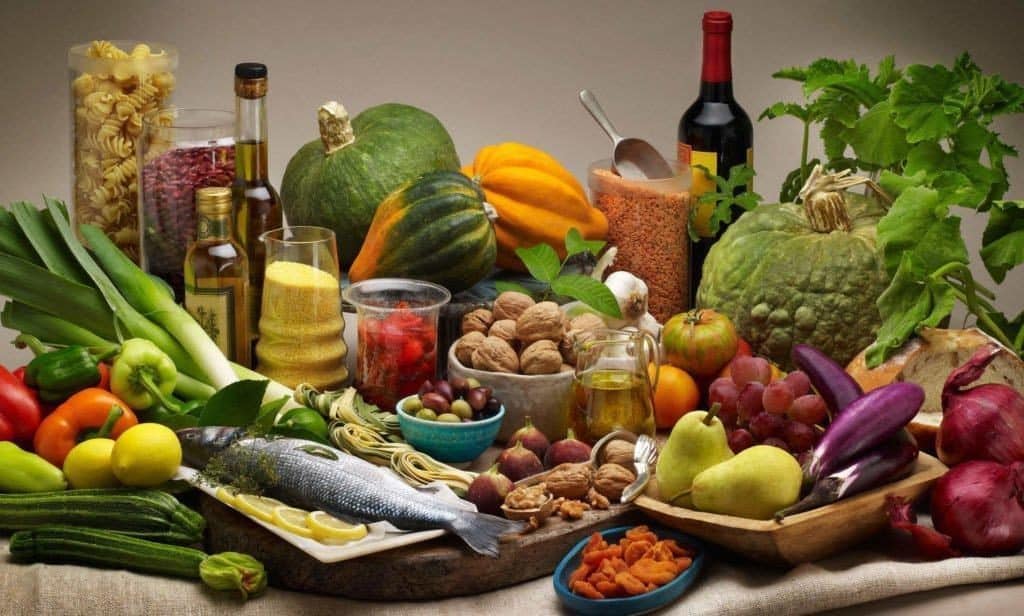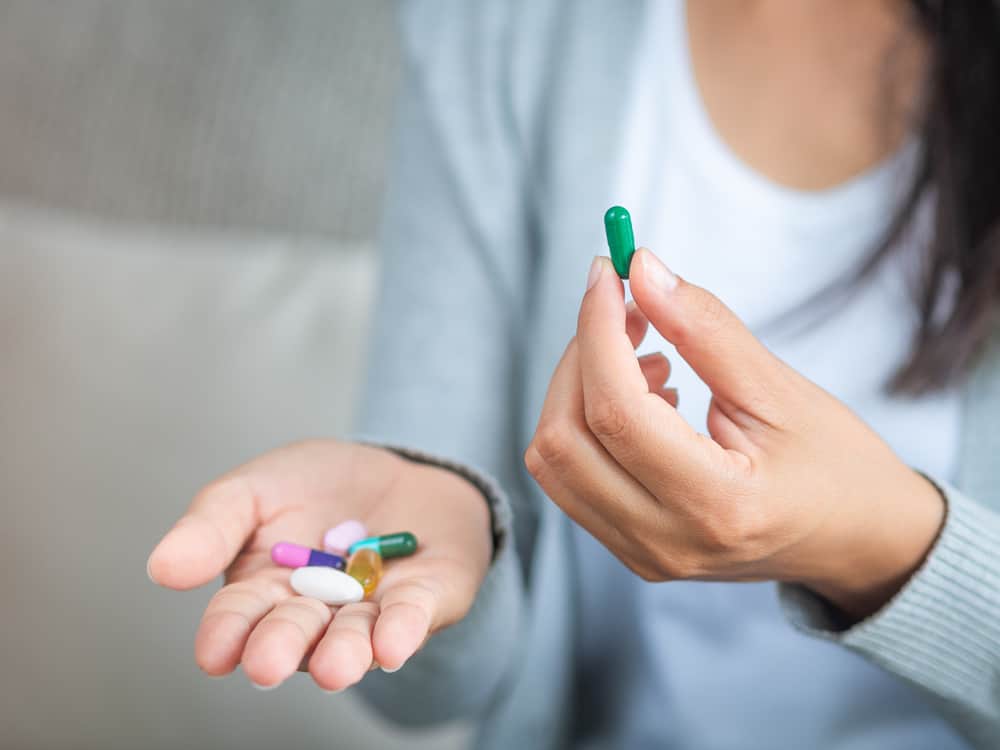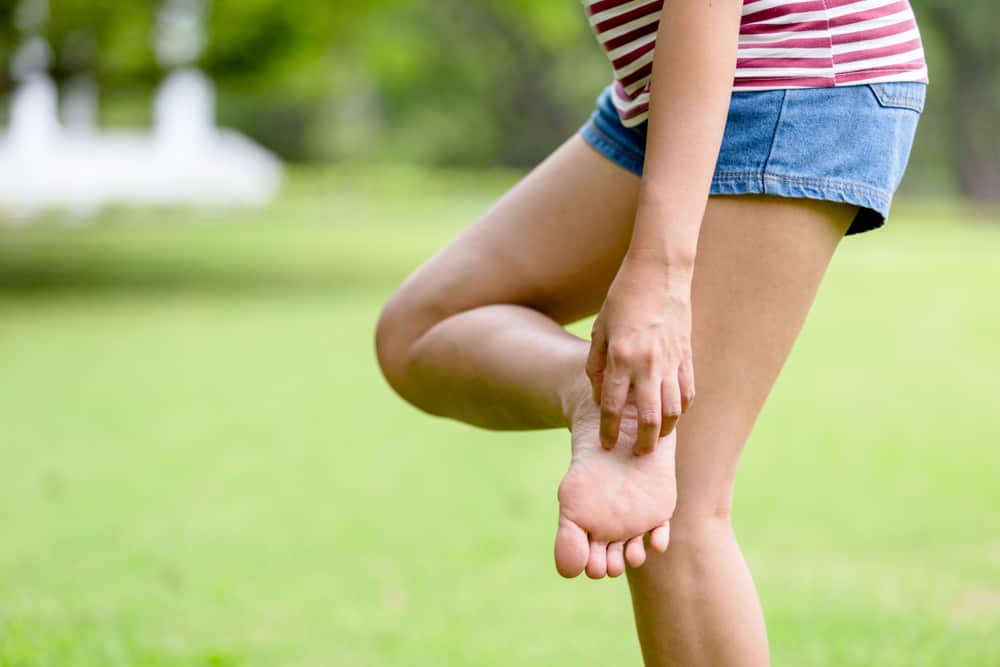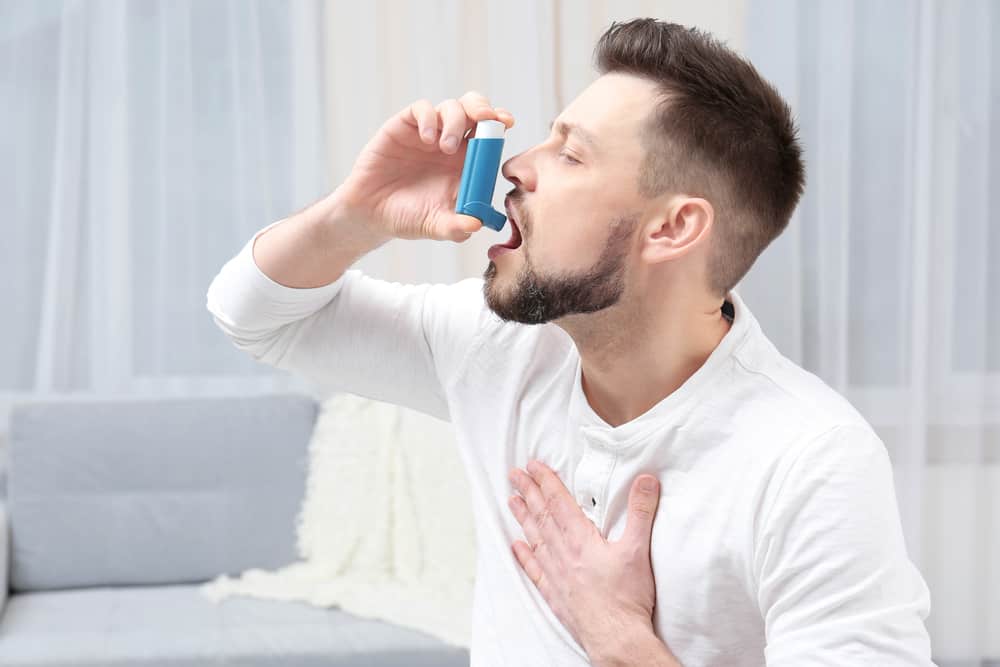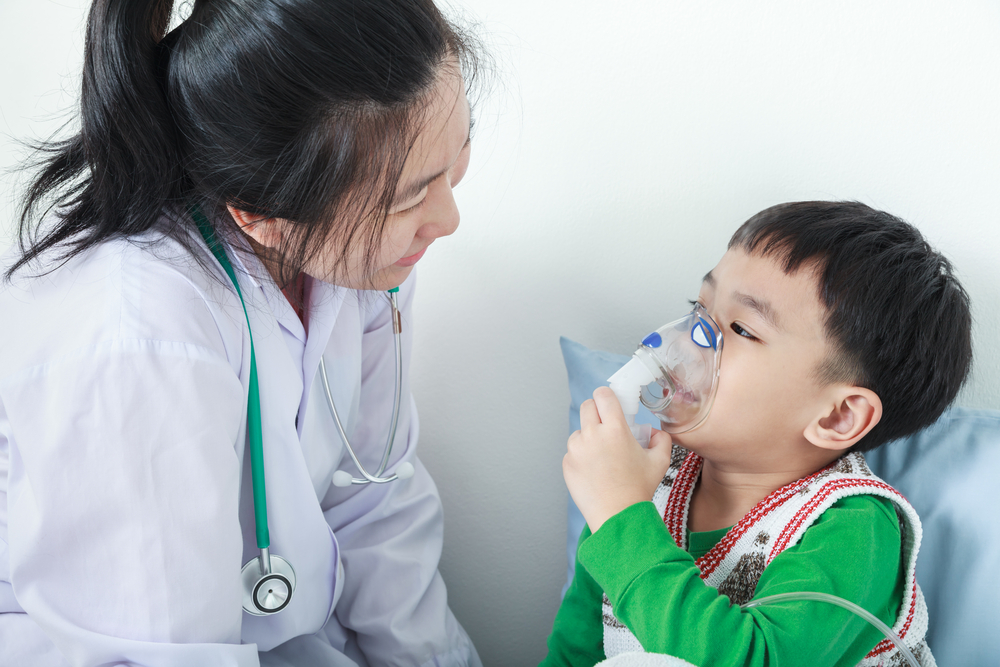Contents:
- Medical Video: My Daily Supplement Routine After My Breast Cancer Diagnosis
- Vitamin D
- Calcium
- Vitamin B12 and Folate
- Vitamin E
Medical Video: My Daily Supplement Routine After My Breast Cancer Diagnosis
Based on research, women who consumed vitamins and minerals after diagnosis, 29% avoided relapse and 22% tended to avoid breast cancer deaths, compared to women who had never taken multivitamins and minerals. Research also shows that women who take multivitamins with minerals before diagnosis at least 3 times a week in a year have a reduced likelihood of relapse by 31% and 27% of breast cancer deaths compared to women who did not take them.
This association continues even after adjusting for variables, such as age at diagnosis of breast cancer, race or ethnicity, breast cancer stage, estrogen-receptor and progestin-receptor status in tumors, body mass index, alcohol consumption, physical activity, health, and diabetes.
Women who regularly take multivitamins are believed to be healthier overall than those who do not consume, and can protect against deaths from breast cancer.
Data prove that multivitamins with minerals have a protective role in women with breast cancer. However, there are several questions whether women who are accustomed to taking supplements are from the beginning more healthy overall.
Based on research, vitamins and minerals are believed to reduce the risk of disease. If you have a personal or family history of breast cancer, talk to your doctor about whether this supplement can benefit you.
Vitamin D
Vitamin D is a fat-soluble vitamin, can be added to food, and is found naturally in some foods such as salmon and cod liver oil. The human body also produces vitamin D when the body is exposed to sunlight. This vitamin can help absorption of calcium in the body and maintain calcium and phosphate levels for healthy bones. Vitamin D can also reduce the risk of certain cancers, such as breast cancer. About a 30% - 50% reduction in the risk of breast cancer if someone increases vitamin D intake to at least 1,000 IU (international units) per day.
Calcium
Calcium works with vitamin D. Calcium is important for muscle contraction, intracellular signals, and nerve function. Calcium also helps strengthen bones and teeth. Women between the ages of 19 and 50 are required to consume 1,000 milligrams of calcium per day, and women over 51 are required to consume 1,200 mg per day. Calcium and vitamin D work together to reduce the risk of cancer, so calcium is needed.
Vitamin B12 and Folate
Vitamin B12 and folate, also known as folic acid or vitamin B9 can help the body produce RNA and DNA, and help metabolize fats and proteins. This vintamine produces red blood cells and compounds that play a role in immune and mood functions. If you often consume alcohol, you have a high risk of breast cancer, and adequate folate intake can reduce the increased risk of breast cancer due to alcohol consumption. Some studies have also found that women with low B12 intake have an increased risk of breast cancer, but other studies are still needed.
Vitamin E
Vitamin E is one of the fat-soluble vitamins and can reduce the risk of breast cancer. This vitamin is an antioxidant and protects cells from free radicals. From one study, most patients diagnosed with cancer usually have low vitamin E levels. Some studies have found vitamin E might be a preventive therapy for breast cancer.
Benefits of vitamins and minerals have been shown in several studies. Other research is still needed to support the effects of these factors. Consult with a doctor before you take a multivitamin and mineral or if you have certain concerns.
Hello Health Group does not provide medical advice, diagnosis or treatment.

